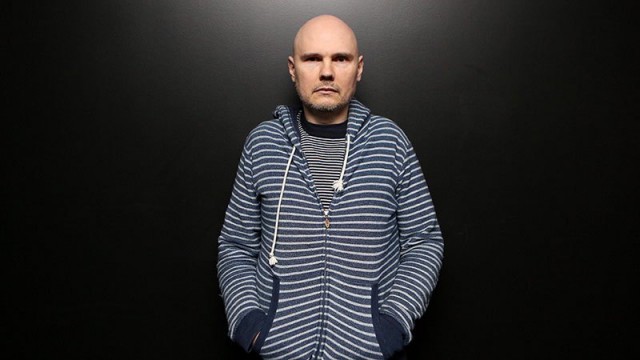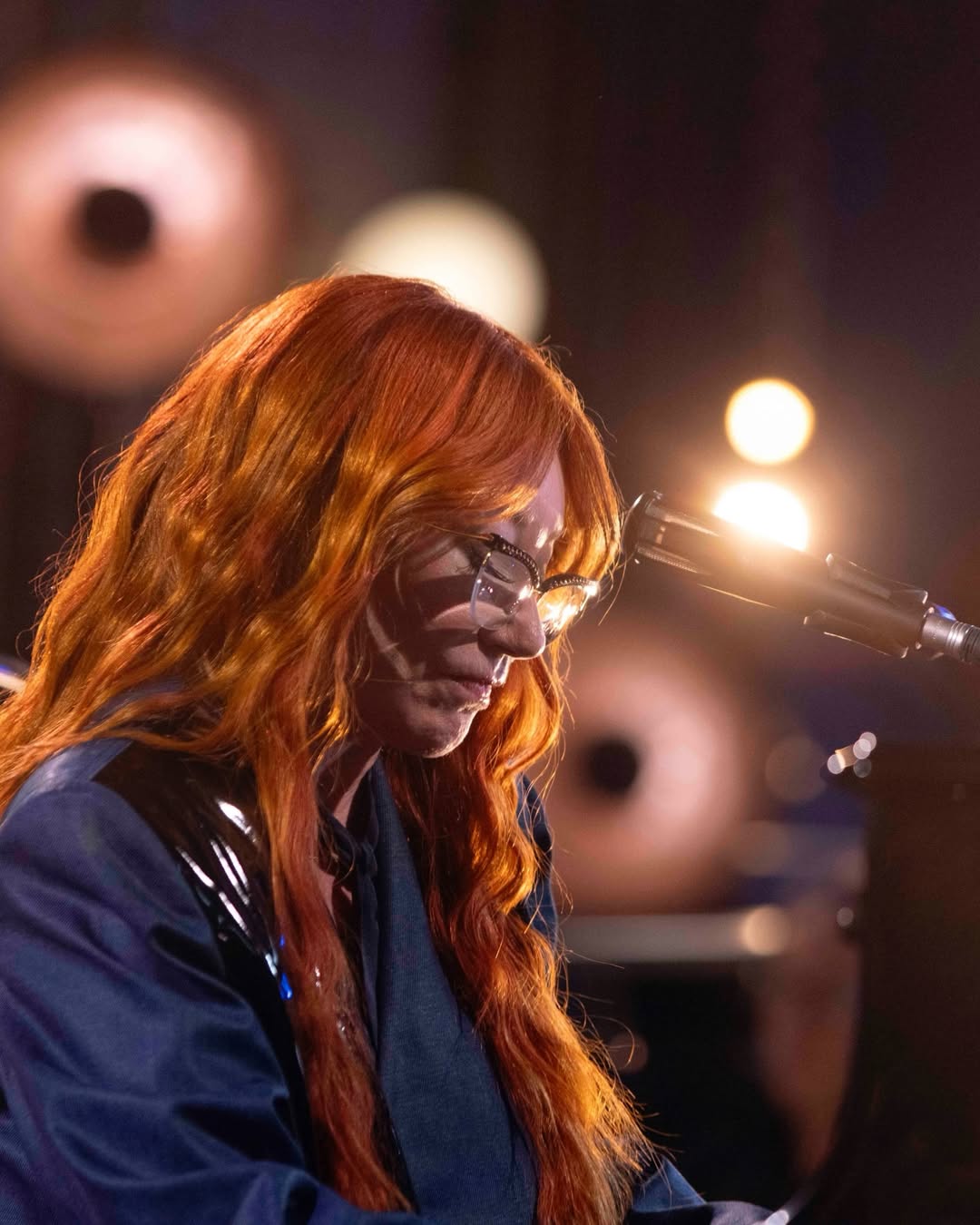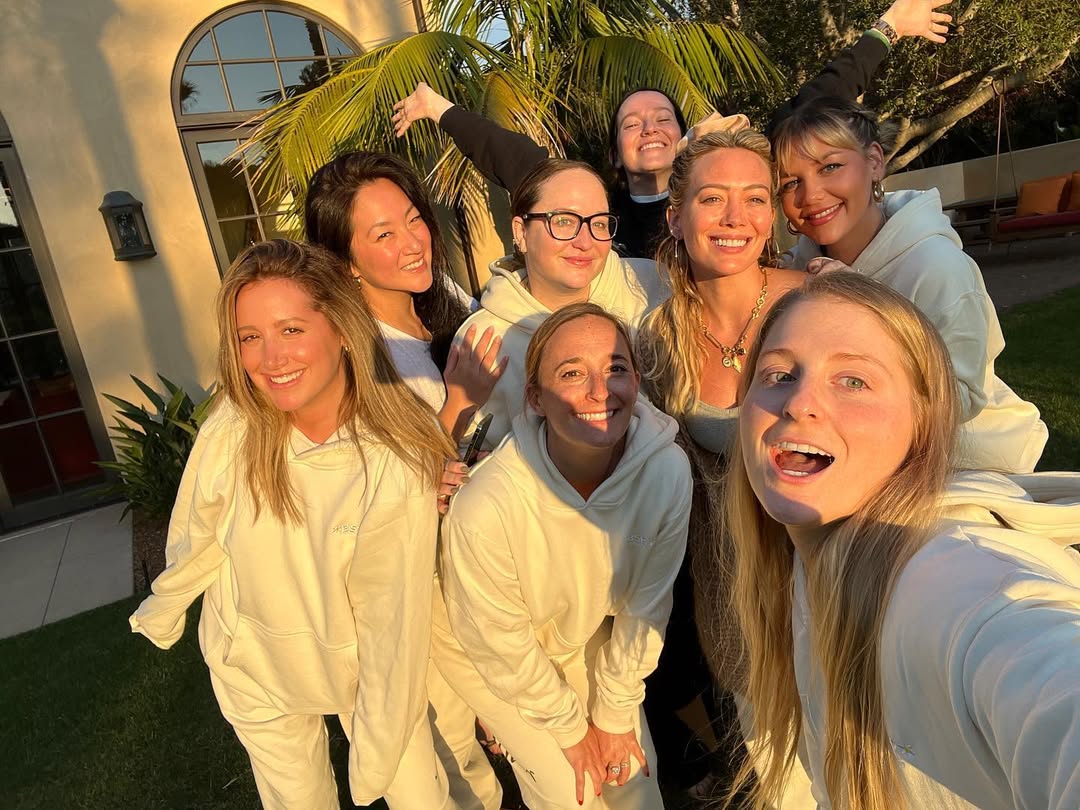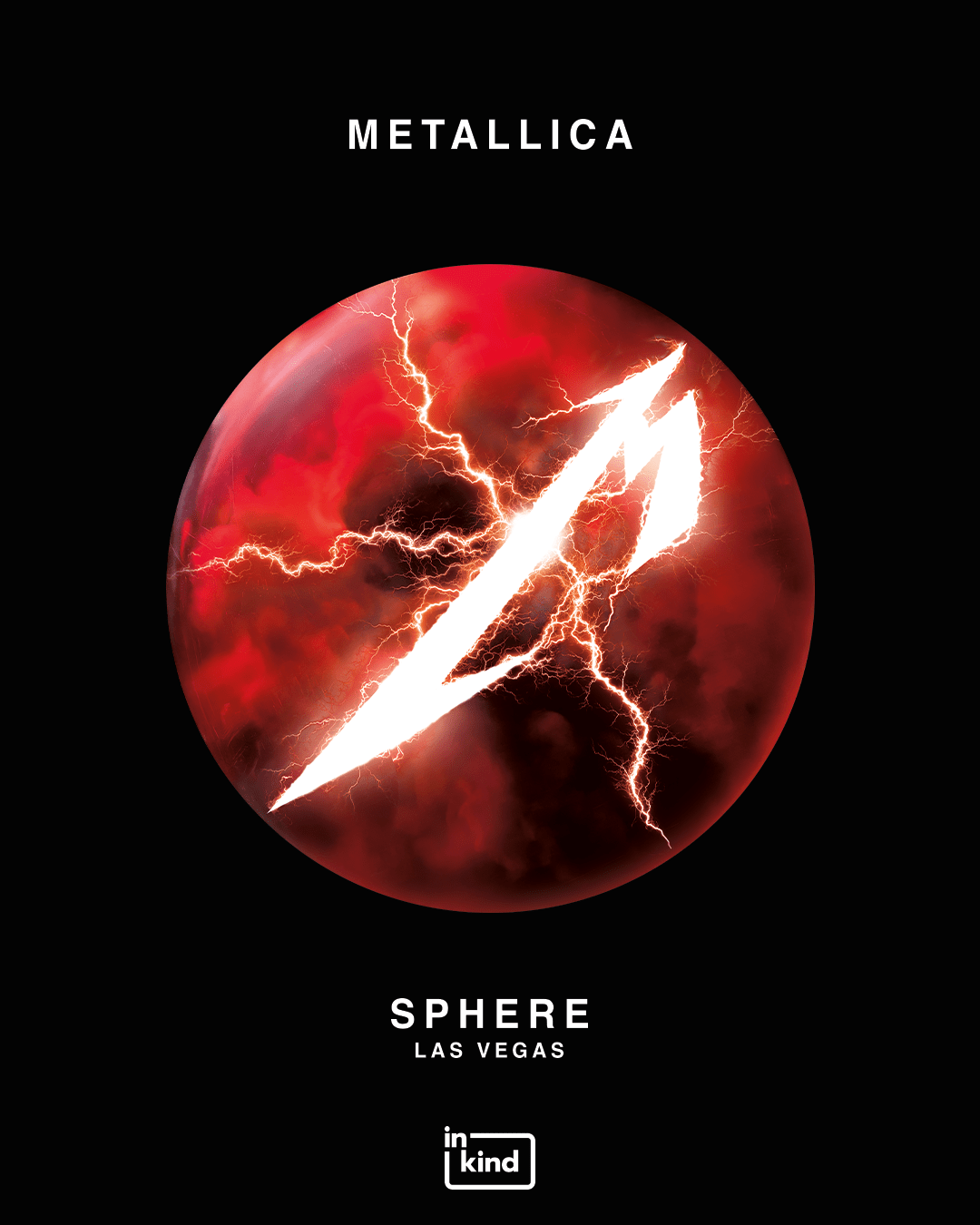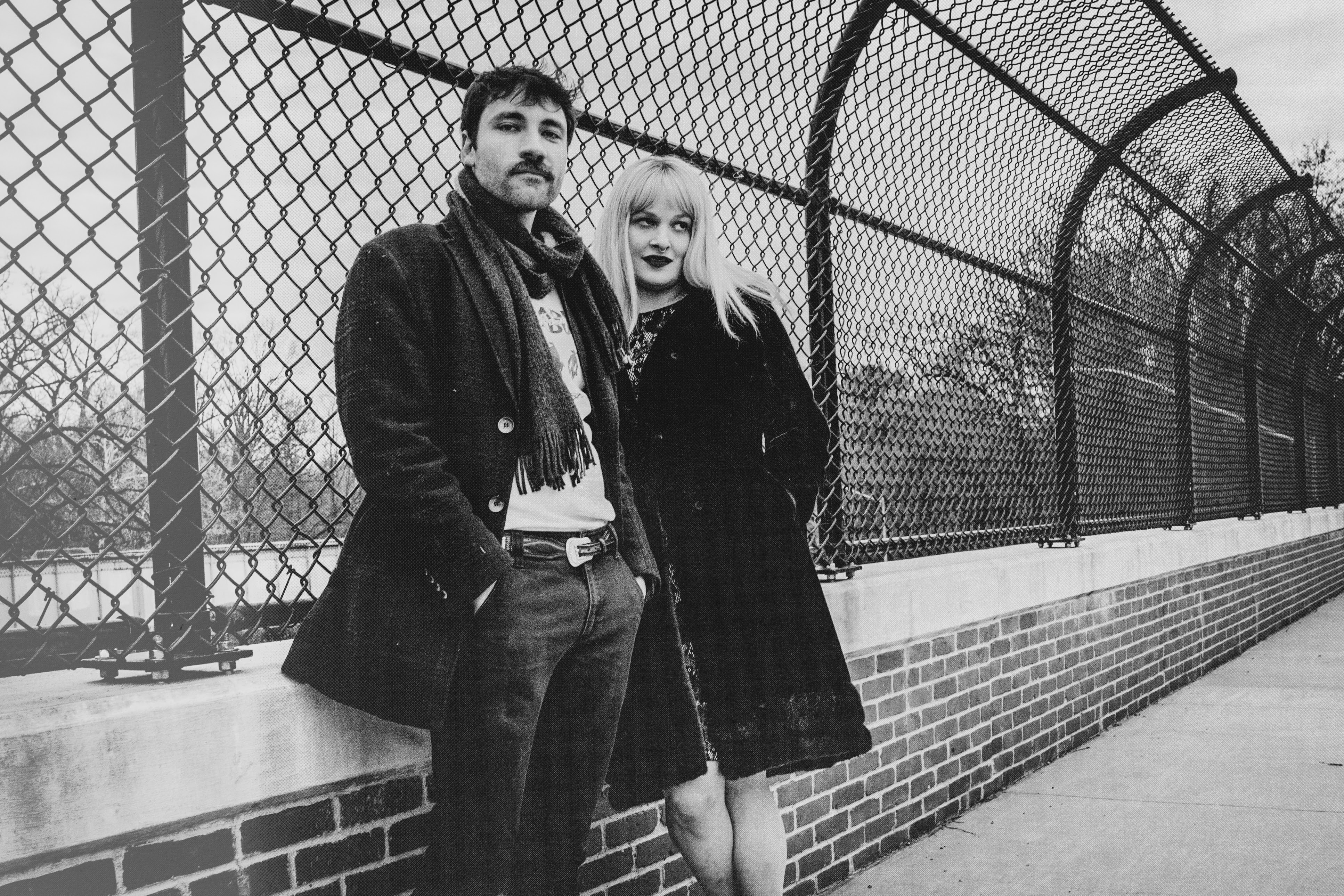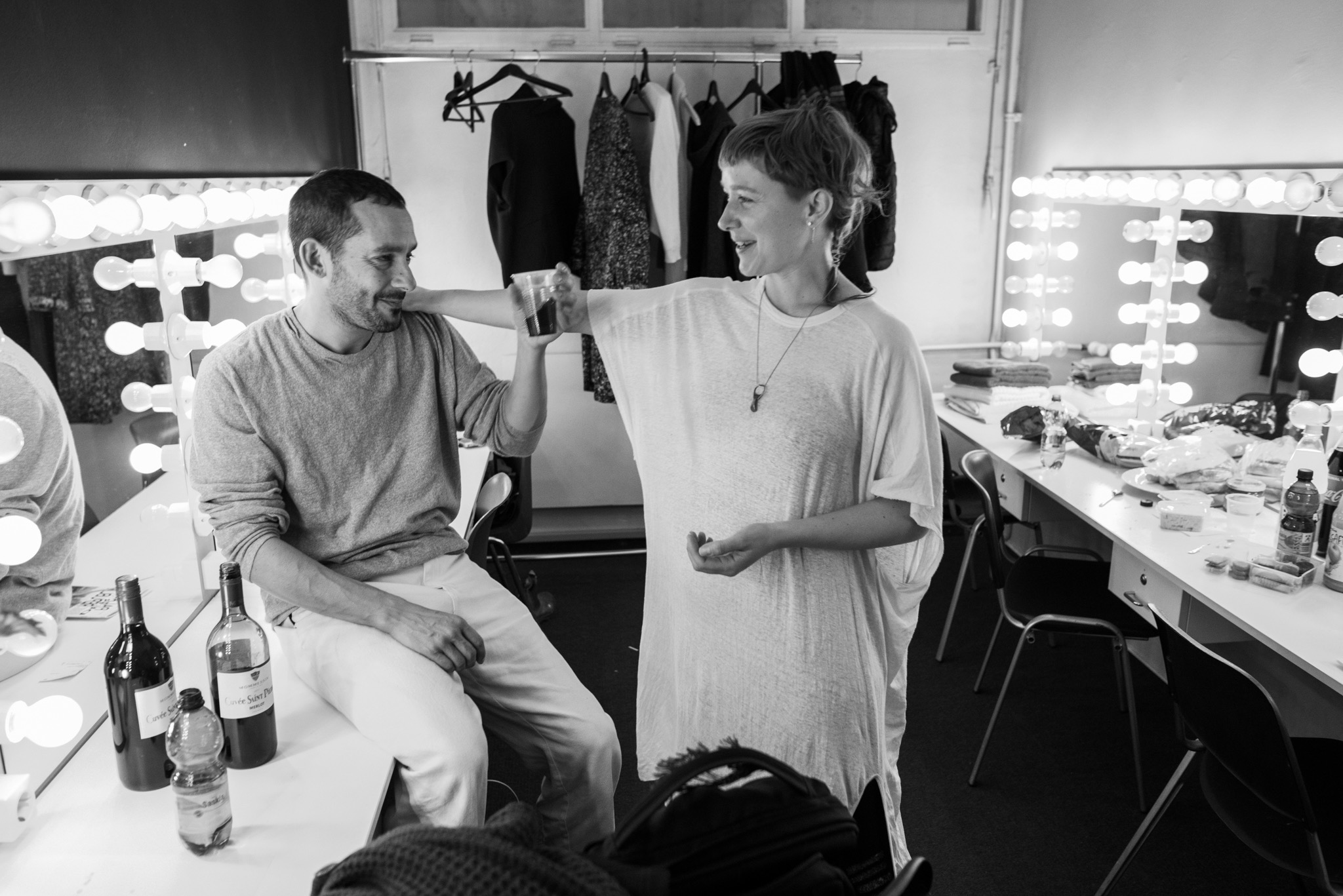Late last year, Billy Corgan quit Twitter and generally killed his own social-media presence. And last month, as Alternative Nation points out, in a live chat with the Chicago TV personality Jennifer Weigel, he talked a bit about why. He discussed things like the way celebrities essentially grant free content to Twitter and Facebook and those companies profit off of it. He makes some good points, getting into the financial futility of trying to promote shit on social media. But he also uses phrases like "social justice mob mentality," and whenever an old rich white guy starts talking about that, you have to question what he's really worried about. And he referred to millennials as "a generation of narcissists," which is a bit odd when you consider that nobody in '90s alt-rock got hit with more narcissism charges than Corgan himself. The chat ran about two hours and touched on a number of different subjects, but here's the video and transcript of that bit below.
[videoembed size="full_width" alignment="center"][/videoembed]
Why did you quit Twitter?
Can I put this in Chicago language? Twitter wasn’t doing shit for me. Actually, somebody from Twitter called me and they wanted to know what happened, and I told them basically that in more kind language. It’s pretty obvious to me, and if anyone is interested there’s plenty of information coming out with what the social media oligarchs are now doing. Whether it’s Facebook, Twitter or Instagram, it won’t matter. The names will change, the faces will change, but the same construct. Look no further than what Facebook is doing to magazines and newspapers. Their click rates are down 60 to 80 percent. I think I read TIME’s sales went down 60% in the last year.
You’ve talked about how we’re creating a generation of narcissists because of Facebook.
We’ve already created a generation of narcissists, that ship has sailed. Look no further than trying to have a conversation with a millenial to know what I’m talking about.
Between the selfie stick and the texting, I was at dinner with four of them [Millenials] and nobody was looking at me. I was like, "So when we go to Mars later, can I park in front?" Nobody cared. Nobody noticed. It’s the world, so how do you adapt to it? You quit Twitter and then what?
Let me go back to what I was saying, because I think if we understand these things from a bigger meta point of view, it’s easier to relate to our own experience rather than "That’s what I did." Very fascinating, and I’ll use an example because I think it’s an easier way to illustrate it all, it’s a slightly different model. MTV starts right? They have nothing. So they have to go to all the labels and say, "Look, we wanna play all your videos. We can’t afford to pay for the content, we can’t afford to pay you per minute what we would for real content, like a show. So give us this free content and we’ll promote your things." Eventually, as everyone knows, MTV got so out of hand, they crushed the labels. [MTV] ran their business model into the ground and basically turned MTV into a normal network, off the backs of the musical artists, Janet Jackson or whoever. They made gazillions off of all these people and still pretend to be a music network of which of course, they’re nothing like it. They’re more like a socialconstruct. Fourteen And Pregnant, you know?
But the point is, they cried "poor!" in the beginning, they clung onto somebody else’s heat, in a wrestling term, and eventually shot the people in the head who made them. It’s what Facebook and Twitter are all going to do now. Facebook is a little bit different because of the way it is set up, they have a better thing in the marketplace. I think people like me are waking up to where Twitter is weak against what, let’s call "celebrities," bring to Twitter, I think we’re going to start seeing a mass exodus. What a Kim Kardashian brings to a Twitter is worth more than four hundred people with the same amount of followers. So they take what a Kim Kardashian brings to a Twitter. Now in Kim Kardashian’s case, she can turn that and sell cosmetics or a clothing branding or whatever. But for people in the middle, I would put people like us, like you and me, in the middle, we don’t get that same exchange. We can’t turn around and get a shoe deal because we are tweeting something. So in essence, Twitter and other social media platfroms take and take from something that I build. My name, my music, my whatever and they say, "Thanks a lot!" Jimmy Chamberlin and I when we brought the Pumpkins back in 2007, we sat down one day and did the calculus and we realized for every hundred people we had on Facebook, we sold one record. So we were catering to 99 people to sell one thing. That is a weakly poor business exchange.
Don’t you think the business model has changed since 2007 though?
No, no and this is the last thing I’ll say about it because it can get real boring real fast…
Audience member: “No we like it! This is wonderful.”
All right, I’ll carry on. Smashing Pumpkins currently have four million likes on Facebook. So, if you’re checking my site everyday and I post something like, "Hey, I took my dog for a walk" and a little picture, you’ll see it but the other 3.99 million people won’t because they’re not visiting it everyday. So what Facebook wants you to do is ‘boost your posts’ or, this is where we get into Dumbland, do really dumb stuff. So that you click on it and you click on it and you click on it, so then it goes viral. So you create a culture where idiocy reigns and rules, not quality. I’m not saying anything radical! So you’re creating a social ecosystem that rewards being inane.
So, the counter of that is knowing a lot of comedians that use Twitter and Facebook to their advantage, if they are funny, which is their world, it goes viral and that’s their business, so maybe for them it’s not so bad.
I would jump on you right there and argue that because of the social knob construct on Facebook, how many comedians on Facebook are saying what they would really say, in the world Richard Pryor grew up in? I learned as a white kid growing up in suburbs, I had a lot of exposure because of my father being a musician to other cultures and other points of view, but I learned from Richard Pryor that made me look at my world and say, "Huh, he’s got a point." These people I am growing up with are either outward racists or closet racists. His comedy, his social thinking, his brilliance made me look at my own race, white people, differently. But if people can’t have open conversations…if you have people like Jerry Seinfeld come out and saying, "It’s not worth playing at colleges anymore because social justice warriors will be all over you the moment you step out of line." So you’re right about a comedian using Facebook or a musician using Facebook, but I guarantee you the minute they put something up that doesn’t align with the social justice mob mentality, the risk is too high. So you have a watering down of diversity and homogenizing of general messaging. That, as an artist, is death.
There's a lot more to the interview, and you can seem more highlights over here. He's completely right about the Facebook algorithm change, by the way. Also, if someone ever asks you why you quit Twitter, I think it's perfectly OK to just come out and say, "Someone took a photo of me looking sad at Disney World, and motherfuckers made a meme out of it."
